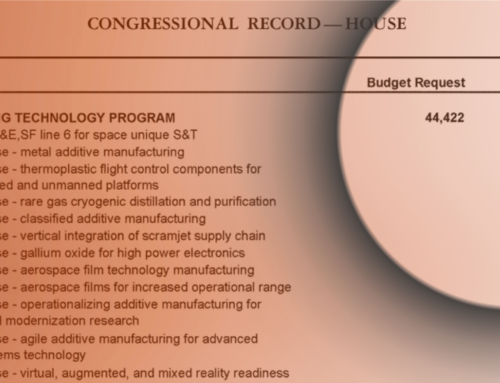S ometimes, it’s very hard to tell who our government officials are working for. With high-paid jobs in the private sector only a phone call away, some of our federal bureaucrats seem less fixated on public service than they are on giving huge payouts to big contractors, so to as ensure a golden parachute when they leave their government post.
Last month, the Department of Energy’s (DOE) Inspector General released an audit of the department’s Yucca activities which found that the DOE gave Bechtel SAIC, one of the nation’s largest contractors, $4 million in bonuses that the company flat out didn’t deserve. Despite Bechtel’s sloppy work, which included botched data, incomplete documents, and unacceptable final products, the DOE went to great lengths to make sure Bechtel got a fat paycheck.
Maybe we’re old-fashioned, but we’re from the school of thought that says you should only get a bonus when you’ve kicked butt and gone above the call of duty for your employer.
Bechtel was hired in 2001 by the DOE’s Office of Civilian Radioactive Waste Management to manage the Yucca Mountain project, a massive planned nuclear waste repository that has been riddled with technical and financial problems from day one. Bechtel was given a not-so-modest fee of $3.2 billion for this five-year contract, which was loaded with performance incentives.
Bechtel’s work on the Yucca project has been shoddy at best, according to the new audit. The company fell behind schedule on a lot of its work, failed to consistently produce material that was up to the DOE’s standards, and provided data that was inconsistent and sometimes just plain wrong.
In the normal business world, poor performance means poor compensation – no company in its right mind would give big bonuses to an employee who didn’t meet expectations. But in the government, things run a bit differently: the DOE, which is awash in a steady stream of hard-earned taxpayer cash, can spend like a drunken sailor without fear of a fiscal hangover. So instead of withholding bonuses from Bechtel for poor management, the DOE bent the rules. When Bechtel failed to produce an internet-based Licensing Support Network, which would have earned them a $2 million bonus, the DOE found a way to redistribute that bonus so that Bechtel got it anyway. This sleight-of-hand was not only a wrong, it also violated the terms of the contract.
Bechtel, the company that brought you Boston's Big Dig, a notoriously over-budget and severely delayed transportation project, is an old pro at squeezing taxpayer dollars out of government contracts. But the company wouldn’t have been able to score such big bonuses if it weren’t for the help of the DOE, which seemed all too happy to oblige. Sometimes the relationship between federal agencies and the companies whose contracts they manage is too close for comfort.
With the U.S. now engaged in a massive rebuilding effort – an undertaking being carried out largely by big contractors with some very high-powered lobbyists – we need to make sure that this doesn’t happen in the Gulf Coast. Our tax dollars aren’t the only thing at stake.













Get Social